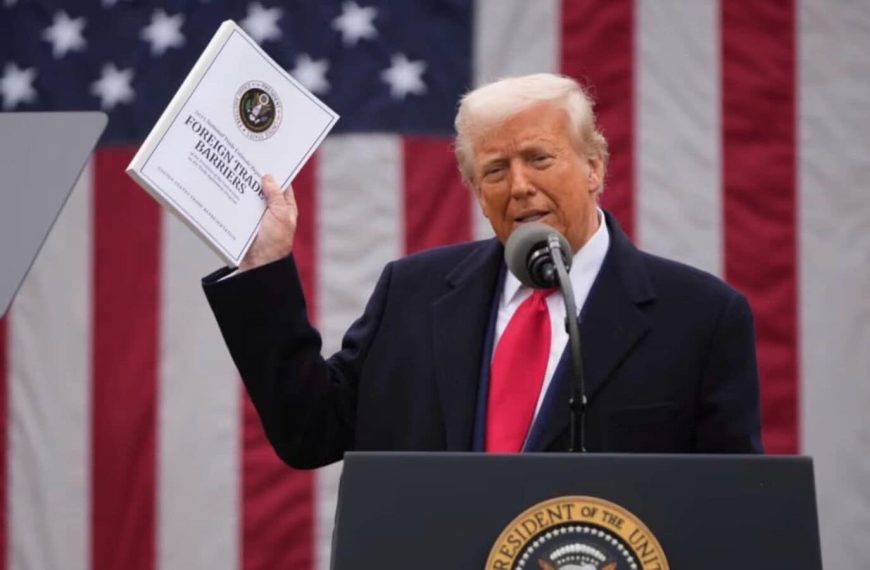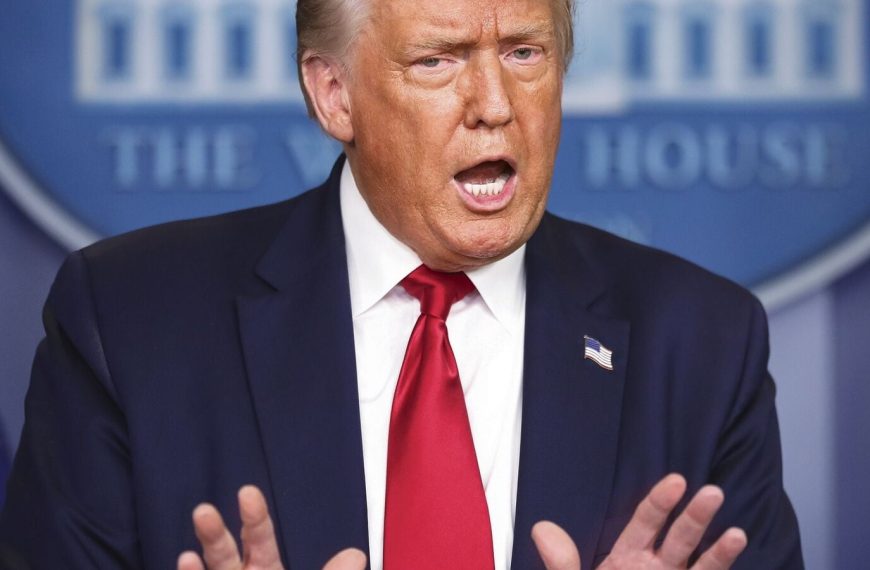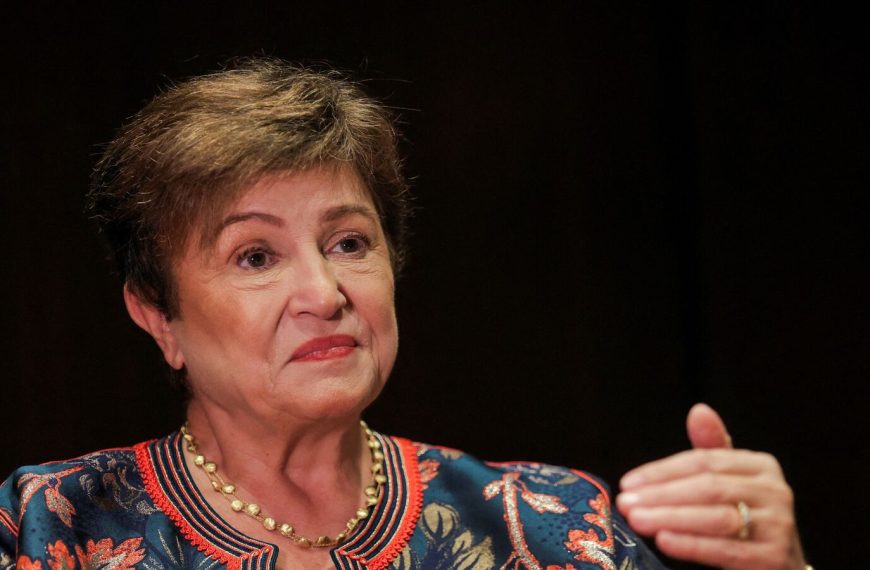As anticipation builds ahead of the upcoming announcement from the Bank of England (BOE), analysts and market players are largely in agreement that the Monetary Policy Committee (MPC) will maintain the benchmark interest rate at 4.5%. Set to reveal their decision at 12 p.m. London time, the committee is expected to reaffirm a cautious stance regarding any future reductions.
Insights into the Committee’s Vote Dynamics
In February, a surprising shift occurred when Catherine Mann, previously known for her hawkish views, voted for a significant 50 basis-point cut. Despite the notable vote split, Governor Andrew Bailey downplayed its implications as merely a communication tactic. However, this change could indicate a potential shift towards a more hawkish stance within the committee.
- Key members’ perspectives:
- Deputy Governor Dave Ramsden and external policymaker Alan Taylor have consistently supported rate reductions.
- Conversely, Chief Economist Huw Pill and Megan Greene have advocated for caution, emphasizing a careful approach.
Expectations for Future Rate Guidance
The MPC is likely to reiterate its commitment to the previously updated guidance, which emphasizes a “gradual and careful” approach to interest rate cuts. This language was introduced to address the uncertainties stemming from Trump’s trade policies, which pose risks to both economic growth and inflation rates.
- Important considerations:
- Bailey has remarked that the phrase "careful" does not necessarily imply slower rate reductions, highlighting the two-sided risks involved.
- The upcoming minutes from the meeting are expected to reflect the committee’s differing views on whether the UK economy’s challenges stem from weak demand or limited supply.
Economic Growth and Inflation Trends
While the BOE’s next round of economic forecasts is scheduled for May, there may be early updates based on recent economic data. Since the previous meeting in February, the news has been a mix of positive and negative indicators.
- Recent economic performance:
- The UK economy unexpectedly contracted by 0.1% in January, yet a strong 0.4% growth in December suggests that the BOE’s prediction of 0.1% growth for the first quarter might be overly pessimistic.
- Inflation rose to 3% in January, surpassing the BOE’s expectations, with some economists projecting it could exceed 4% by summer.
These inflationary pressures are attributed to "temporary" factors such as energy and food prices, although officials like Bailey are wary of potential long-term effects on wages and overall prices. Recent declines in gas prices could, however, provide some relief from inflation pressures.
The Impact of Geopolitical Tensions on Monetary Policy
The BOE’s gradual easing strategy faces challenges amid Trump’s efforts to reshape global trade. In previous meetings, the MPC refrained from making strong statements regarding the impact of tariff disputes on inflation and economic growth. However, as Trump progresses with his trade agenda, the BOE may become more transparent about potential effects.
Bailey noted that the repercussions on inflation could be complex but acknowledged significant risks to the UK’s economic stability. The OECD has recently issued warnings regarding slower growth and rising inflation across developed nations, particularly if trade tensions escalate.
Market Reactions and Future Rate Cut Speculations
As the meeting approaches, investors remain optimistic about the likelihood of two additional quarter-point rate cuts later this year, although the timing remains uncertain. Confidence in a potential cut in May has diminished, with the market now estimating a 70% chance of a quarter-point reduction, indicating a possible delay in subsequent cuts beyond May.
In summary, the upcoming BOE announcement is poised to reaffirm a cautious approach, reflecting the current economic uncertainties while navigating the complexities of global trade dynamics.











